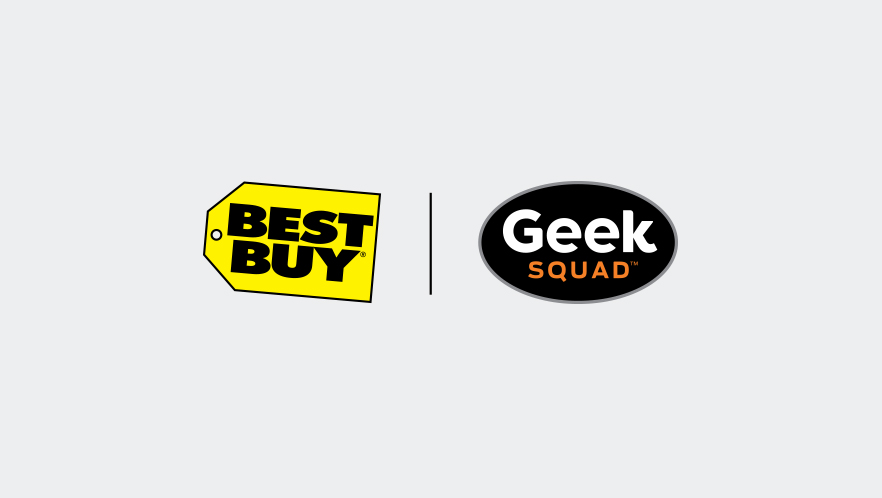Here’s an FAQ to tell you what you need to know about ransomware.
What’s going on?
Cybercriminals are using something called “ransomware” to essentially hold data on Windows-based computers hostage by encrypting files, making them unusable and demanding “ransom” payment before potentially restoring access. This kind of criminal activity has occurred before, but this most recent occurrence appears to be the most widespread ransomware attack to date. It has spread to more than 100 countries.
How would I know it’s happening to me?
These cybercriminals have designed their ransomware to change your desktop background to present their ransom demands and instructions on how to comply. This desktop image is unmistakable and unavoidable. The desktop background will change almost immediately after infection. Once it occurs, your data, technically speaking, has been encrypted. Practically speaking, it has been rendered useless.
How do I avoid this attack?
First, make sure you’ve activated automatic updates for your computer’s operating system and all applications. Next, make certain you have a leading anti-virus software package installed on your computer. If you don’t have one, you can research and purchase here. Finally, be careful when opening attachments or clicking on links that are unknown to you, or using public wireless networks if your systems have not been updated and anti-virus software has not been installed.
What else can I do?
It’s always important to have important data backed up onto an external device or in the cloud. Please note that if using an external hard drive it is advisable to unplug it from your computer when not in use so that the files on it won’t be adversely affected if your computer ever becomes infected. Cloud storage is available through a number of third parties, including Google, Apple, Microsoft and Box.
If I’m affected and do not have my data backed up in the cloud or on an external hard drive, what can I do?
Industry experts do not advise paying the ransom because there is no guarantee your data will be available to you after payment is made. Essentially, you pay at your own risk. Additionally, it is believed that people who do make payments could be targeted in the future for additional ransom attacks.
If I’m affected and do have my data backed up, what can I do?
If you have your files backed up, it is possible to “rebuild” your computer using those saved files. If you’re familiar with the process, you can do this yourself. However, please be aware that your computer can infect other computers on your network so take the appropriate precautions.
You can also seek the assistance of our expert Geek Squad agents. You can come into the store for help, or we can come to your home or help you over the phone.
If my computer is infected, how do I avoid it infecting other computers on my network?
This form of ransomware can affect other computers on the same wireless or wired network. If you discover ransomware on your computer, you should power the device off immediately and take appropriate precautions before turning it back on. This would include turning off the Wi-Fi or unplugging any wired connections on any other computing devices in your home.
Click here for more information about Geek Squad Services.


